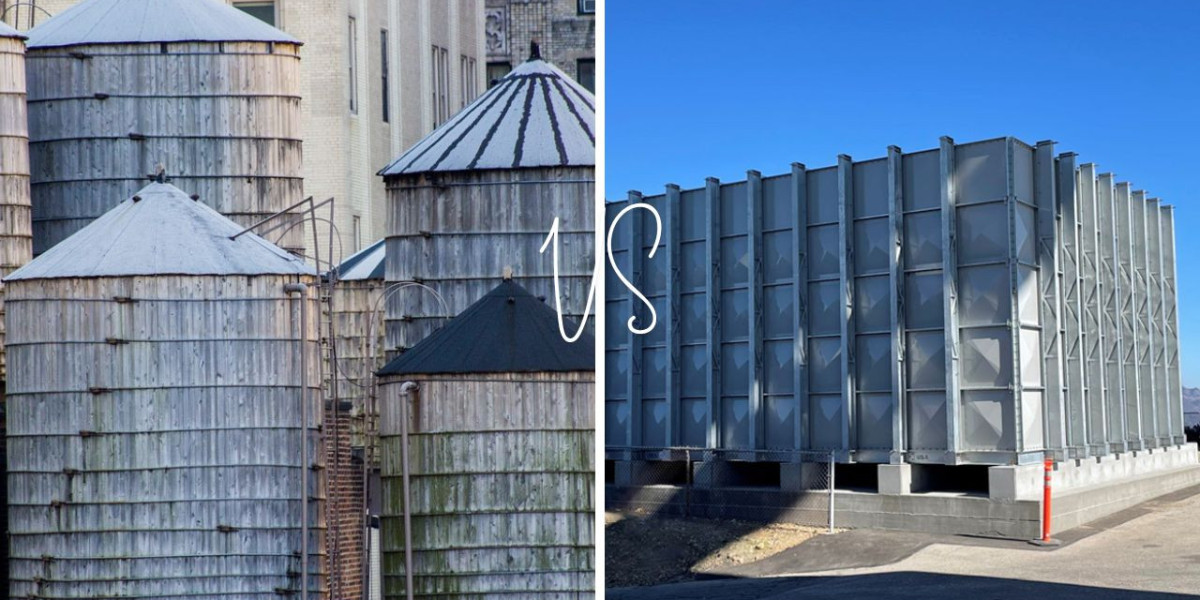Fiberglass Reinforced Plastic (FRP) tanks have emerged as a revolutionary alternative to traditional water storage solutions due to their unparalleled durability, versatility, and longevity. Composed of a robust combination of fiberglass and resins, FRP tanks are engineered to withstand harsh environmental conditions, corrosive chemicals, and extreme temperatures without compromising structural integrity. This makes them ideal for a wide range of applications across various industries, from municipal water treatment plants to industrial chemical storage facilities.
Key Advantages of FRP Tanks
Durability and Longevity
FRP tanks are renowned for their exceptional durability, outperforming traditional materials such as concrete or steel in longevity and resistance to corrosion. The composite nature of fiberglass and resin ensures that these tanks can withstand prolonged exposure to corrosive substances without rusting or deteriorating. This longevity translates into significant cost savings over the tank's lifespan, as they require minimal maintenance and replacement compared to their traditional counterparts.
Lightweight and Easy Installation
Unlike cumbersome concrete or steel tanks, FRP water storage tanks are lightweight yet robust, facilitating more accessible transportation, handling, and installation. This characteristic reduces logistical complexities and lowers installation costs, making FRP tanks a preferred choice for projects where time and budget constraints are critical factors.
Versatility in Design and Customization
One of the standout features of FRP tanks is their versatility in design and customization. Manufacturers can tailor these tanks to meet specific size, shape, and configuration requirements, accommodating various spatial constraints and operational needs. FRP tanks offer unparalleled flexibility without compromising performance or reliability, whether a large-scale water storage facility or a compact chemical containment system.
Environmental Sustainability
In an era increasingly focused on environmental Sustainability, FRP tanks shine as a greener alternative to traditional storage solutions. The manufacturing process of fiberglass involves lower energy consumption and emissions than steel or concrete production. Furthermore, the recyclability of fiberglass materials reduces the environmental footprint at the end of the tank's lifecycle, aligning with stringent environmental regulations and corporate sustainability goals.
Applications of FRP Tanks
Municipal Water Treatment
Municipalities worldwide rely on FRP tanks for safe and efficient water storage and distribution. These tanks are resistant to chlorine and other water treatment chemicals, ensuring the purity and safety of drinking water for communities. Their lightweight construction and customizable designs allow seamless integration into existing water treatment infrastructure, optimizing operational efficiency and reliability.
Industrial Chemical Storage
The safe containment of corrosive substances is paramount in industrial sectors such as chemical processing, pharmaceuticals, and petrochemicals. FRP tanks provide a robust solution by resisting chemical corrosion and maintaining product integrity. From storing acids and alkalis to hazardous waste materials, FRP tanks offer superior performance and longevity, safeguarding both personnel and the environment from potential hazards.
Agriculture and Aquaculture
The agricultural and aquaculture industries benefit immensely from FRP tanks for irrigation water storage, livestock drinking water supply, and fish farming applications. These tanks are resistant to UV radiation and can withstand outdoor exposure, making them suitable for agricultural operations in diverse climates. Their non-toxic properties ensure the safety and purity of stored water, which is crucial for sustaining farm productivity and aquaculture operations.
Conclusion
In conclusion, the advent of FRP tanks represents a significant technological advancement in water storage solutions, surpassing traditional materials in durability, customization, and environmental Sustainability. Whether for municipal water treatment, industrial chemical storage, or agricultural applications, FRP tanks offer unparalleled benefits that translate into long-term cost savings and operational efficiency. As industries prioritize performance, safety, and environmental responsibility, FRP tanks are the preferred choice for critical water storage needs.



